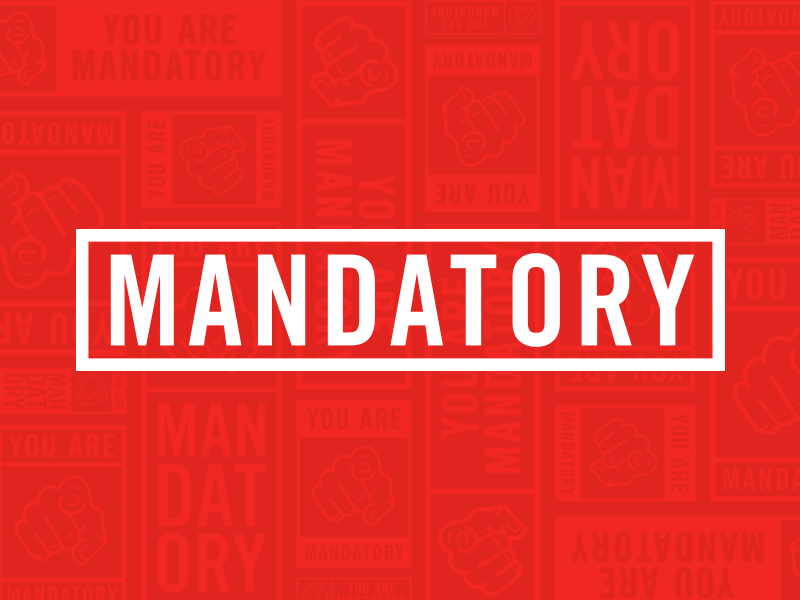There’s an unsettling number of Americans who don’t properly recycle, usually as a result of ignorance, apathy or laziness, but with 75 percent of America’s trash being recyclable, it might be worth it to learn when to use the blue bin instead of the black one. Here we break down recycling into its major components, scare the bejeezus out of you showing how those bad habits negatively contribute to the world and then offer a simple guide to recycling any monkey can follow. It’s easier than learning how to do laundry, so get your act together, recycle like you should and make the world a better place in a very simple way.
Aluminum
In the amount of time it takes you to read this once through – however tempted you may be to reread its brilliance – more than 3 million aluminum cans are being produced. Add the startling fact that aluminum cans take

hundreds of years to decompose and you see the importance of recycling them for renewed use instead of letting them collect at a landfill. If three-quarters of the items we discard as trash are recyclable, think about how much of that is most likely aluminum cans of the number one country in obesity and beer drinking caused by football.
You don’t need to be a math whiz to know that’s a lot of unnecessary garbage, but you might need a scientific calculator to get all those zeros in there. Make extra space in your recycling bins by crushing your aluminum cans, stock up and take them into a recycling center nearby. You get paid to do it.
Paper
Historically, awareness of paper’s mis-and-over-use extends as far as any unearthly practices, as tree huggers have battled tree sluggers to preserve many tree-covered lands with the inevitable future of becoming a parking g

arage. Each week, more than half a million trees are whacked just to bring you the Sunday newspaper, a comforting but dated activity when you can get it for free and save a tree using one of the six Wifi devices you have in arm’s reach.
Each year, 25 billion (yes billion) disposable cups wind up in landfills. So if each person consumes one cup of Starbucks each day during their five-day workweek and nobody recycles them as they should, they become more harmful than the jet fuel garbage big coffee chains put into the cup itself and sell to your weak, hungover organs. With paper, there is a common misconception as to what qualifies, and one of the biggest is that your junk mail, the nonstop credit card offers, coupon ads and the newspaper you never read outside of Sunday comic strips are not recyclable – they are – so quit putting them in the trash. Then, you don’t have to take the trash out as often. It’s a warm piece of advice, wouldn’t you say?
Plastics
One of the fastest growing focal points of awareness lies on America’s incredible ability to buy, use and discard single-use plas

tics in a brief amount of time. With plastic islands of pollution and shorelines covered in waves of debris, people are starting to get the picture, even though it’s more reactive than proactive. With plastic recycling, there are numbers that coordinate with each item, stamped with a number in its recycling label, which tells the consumer how recyclable the plastic is. Depending on which state and recycling center, the recyclable plastics can vary based on number and even shape. If you ask your local recycling center, they’ll probably take it anyway, but by pulling your weight you get to share this intriguing knowledge with people who don’t know. And it’s a great conversation for the ladies, obviously.
Glass
Glass was of one of the first grandfathered into recycling, green and clear bottles originally. Although brown bottles used to be considered trash, the great recyclers of America have moved past their brown bottle racism to make glass one of the only infinitely recycled materials, as it never loses its quality or strength through the process. What many don’t know if that broken glass, however, makes the process a bit more difficult, so anytime you break a bottle, it’s still recyclable, but you just became “that guy” at the recycling plant.
Wash out your bo

ttles, quit putting out cigarettes and other disgusting things when you have an ashtray, and sleep better at night knowing you’re recycling like a true red-blooded American.
Simple Recycling
In 1971, Oregon became the first state to put a price on used bottle depositing, and now every state has a certain recycling system with a price value on recyclable items, so even if it seems like we haven’t made much progress, you can take a step back and see that in the last 40 years we’ve really come a long way. Still, the average American tosses 1,500 pounds of trash each year, so keep in mind that recycling centers pay for those same items – aluminum cans and plastics are the easiest and most abundant ways to get money for your recycling – so if you won’t do it for the Earth, at least put some money in your pocket while cutting back on your detriment to society.
People may not realize it, but trash and recycling are at exactly opposite ends of the life cycle for used products. Although it may look like trash, a change in perspective might teach you that trash is only that which needs to be disposed of and has no Earthly value anymore, nothing can be recreated from it. Recycling, however, is taking parts of seemingly single-use products and giving them a sort of rebirth, making them into cool things we need more of that we don’t have the resources to always make cheaply from scratch. Recycling allows us to create energy, keep the streets we walk on a little safer and managing the cost to make certain things we take for granted, like sports uniforms and cars you drive to jobs you can’t stand!
Note the labels on your recyclable items or ask around if you need to – it’s worth the time – and do your research, clown, to learn a little about the world you live in. Wash off your items before you toss them in your bin and walk in with the best smelling recyclables at your local center.
The stipulations of what is recyclable depends on the state and the recycling center you’re in, so know what they accept, find the best one near you and save the world one plastic cup, one glass bottle and one piece of shit junk mail credit card offer at a time.









